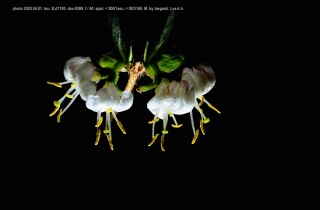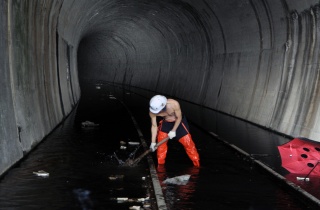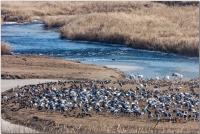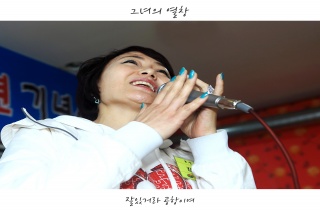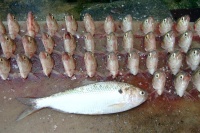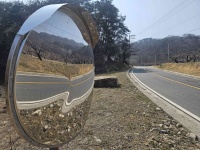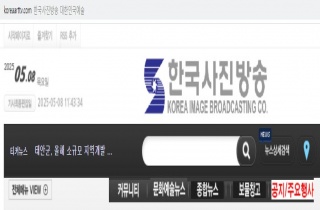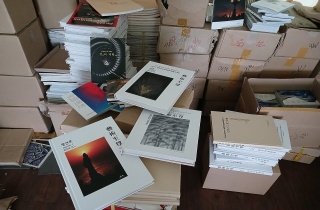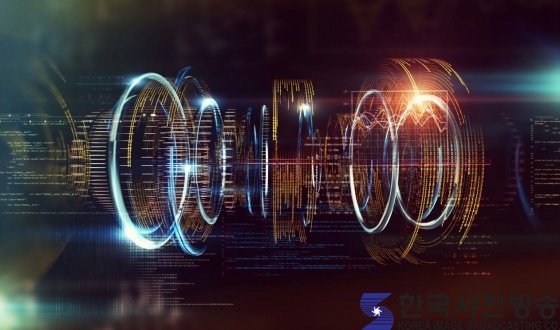
Thales Prepares to Secure European Infrastructures Against Attacks From Future Quantum Computers
News provided byThales (Euronext HO)
©Carlos Castilla
PARIS, LA DÉFENSE--(
As a driving force in the second quantum revolution, Thales has joined forces with around twenty deep tech, academic and industry partners, as part of the EuroQCI initiative (European Quantum Communication Infrastructure), which aims to deploy a quantum communication infrastructure for EU member states within three years.
By 2040, quantum computers could use their unprecedented computational power to decode encrypted data, incomparably threatening the security of even the best-protected communication systems. EuroQCI aims to counter that threat by developing sovereign systems to protect the communications and data assets of critical infrastructure providers and government institutions.
The longer-term objective of the initiative is to create a Quantum Information Network (QIN) that will harness the phenomenon of quantum entanglement not only to guarantee communications security but also to create networks of quantum sensors and processors, which have the potential to drive exponential increases in the already outstanding performance of quantum sensors and quantum computers.
As part of this effort, today, Thales is breaking new ground as a member of multiple new consortia that have been set up since late 2022 in these domains:
· Quantum repeaters, with the Delft University: QIA (Quantum Internet Alliance) - led by the Delft University of Technology in the Netherlands - is working to demonstrate the feasibility of connecting users in two metropolitan areas 500 km apart, using quantum repeaters, which can compensate for the loss of information via a quantum memory;
· Quantum key distribution: QKISS - coordinated by Exail - and QUARTER - led by LuxQuanta - are developing Quantum Key Distribution systems to protect users’ critical communications from cyberattacks.
· Certification of quantum communication: PETRUS - led by Deutsche Telekom - is the official coordinator of 32 EuroQCI projects, on behalf of the European Commission. It is also developing a framework for certification and accreditation of quantum communication products and networks.
· Satellites quantum communications: TeQuantS - led by Thales Alenia Space - aims at developing quantum space-to-Earth communications technologies, necessary for cybersecurity applications and future quantum information networks, through the construction of satellites and optical ground stations by the end of 2026.
Specifically, the Thales teams taking part in these projects are working to develop quantum key generation, distribution and management equipment and the associated communication encryption devices, as well as defining the architecture of these quantum communication infrastructures.
Thales operates the largest quantum physics research facilities in Europe, in partnership with the CNRS, and some 100 engineers and researchers are currently engaged in the development of the quantum solutions (sensors, communications and algorithms) that will play a foundational role in tomorrow’s world. These new consortia will all benefit from Thales’s multi-disciplinary expertise, in particular in the field of secure communication networks.
About Thales
Thales (Euronext Paris: HO) is a global leader in advanced technologies within three domains: Defence & Security, Aeronautics & Space, and Digital Identity & Security. It develops products and solutions that help make the world safer, greener and more inclusive.
The Group invests close to €4 billion a year in Research & Development, particularly in key areas such as quantum technologies, Edge computing, 6G and cybersecurity.
Thales has 77,000 employees in 68 countries. In 2022, the Group generated sales of €17.6 billion.
View source version on businesswire.com: https://www.businesswire.com/news/home/20230414005211/en/
Website: https://www.thalesgroup.com/en |












